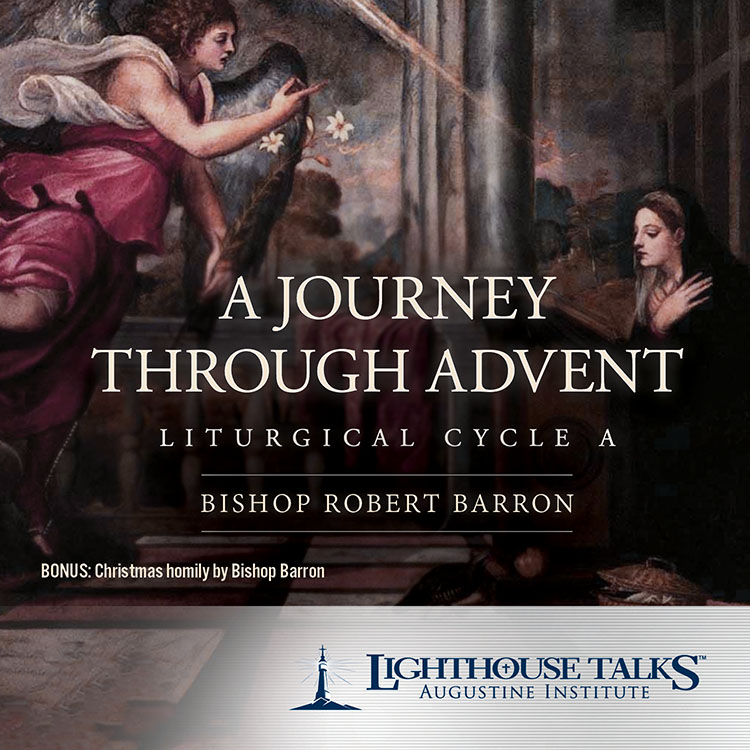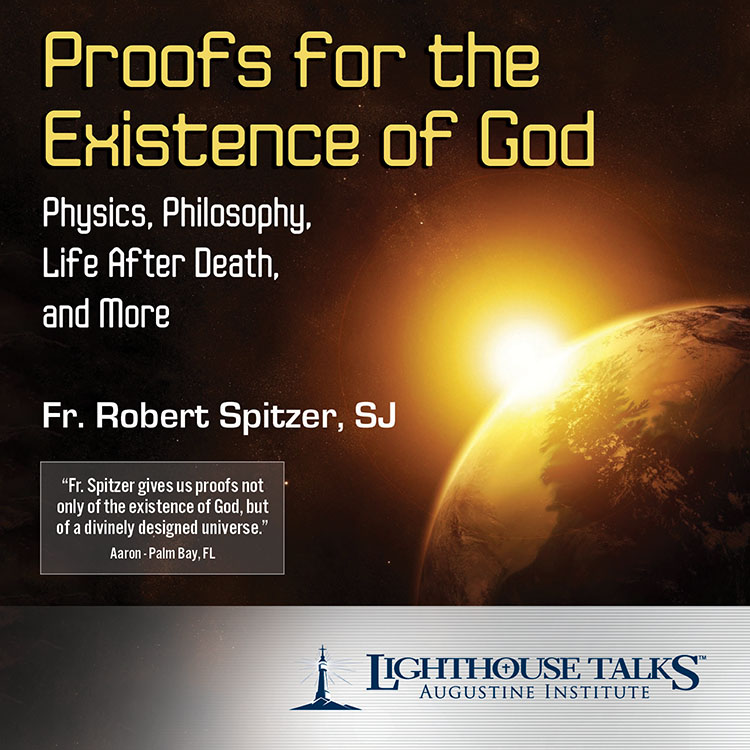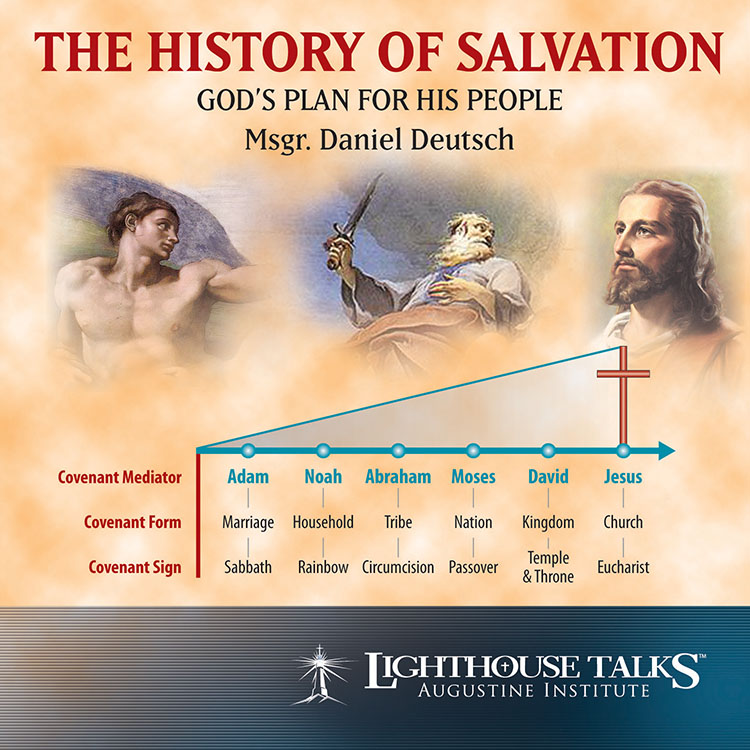To subscribe to Catechism in a Year, follow this link.
God created us out of free and unselfish love. When a man loves, his heart overflows. He would like to share his joy with others. He gets this from his Creator. Although God is a mystery, we can still think about him in a human way and say: Out of the "surplus" of his love he created us. He wanted to share his endless joy with us, who are creatures of his love. (YOUCAT question 2)
Day 2 - Why did God create us?
God created us out of free and unselfish love. When a man loves, his heart overflows. He would like to share his joy with others. He gets this from his Creator. Although God is a mystery, we can still think about him in a human way and say: Out of the "surplus" of his love he created us. He wanted to share his endless joy with us, who are creatures of his love. (YOUCAT question 2)
Dig Deeper: CCC section (11-25) and other references here.
Day 3 - Why do we seek God?
God has placed in our hearts a longing to seek and find him. St. Augustine says, "You have made us for yourself, and our heart is restless until it rests in you." We call this longing for God Religion.It is natural for man to seek God. All of our striving for truth and happiness is ultimately a search for the one who supports us absolutely, satisfies us absolutely, and employs us absolutely in his service. A person is not completely himself until he has found God. "Anyone who seeks truth seeks God, whether or not he realizes it" (St. Edith Stein). (YOUCAT question 3)
Dig Deeper: CCC section (26-30) and other references here.
by Fr. Robert Barron
Day 4 - Can we REALLY know that God exists?
Can we know the existence of God by our reason?
Yes. Human reason can know God with certainty. The world cannot have its origin and its destination within itself. In everything that exists, there is more than we see. The order, the beauty, and the development of the world point beyond themselves toward God. Every man is receptive to what is true, good, and beautiful. He hears within himself the voice of conscience, which urges him to what is good and warns him against what is evil. Anyone who follows this path reasonably finds God. (YOUCAT question 4)
Day 5 - How can we deny God? (or speak about him?)
Why do people deny that God exists, if they can know him by reason?
To know the invisible God is a great challenge for the human mind. Many are scared off by it. Another reason why some do not want to know God is because they would then have to change their life. Anyone who says that the question about God is meaningless because it cannot be answered is making things too easy for himself.Can we grasp God at all in concepts? Is it possible to speak about him meaningfully?
Although we men are limited and the infinite greatness of God never fits into finite human concepts, we can nevertheless speak rightly about God.
In order to express something about God, we use imperfect images and limited notions. And so everything we say about God is subject to the reservation that our language is not equal to God's greatness. Therefore we must constantly purify and improve our speech about God.
Dig Deeper: CCC section (31-38) and other references here.
Need Some Proof? Get
Day 6 - Why Did God Reveal Himself?
Why did God have to show himself in order for us to be able to know what he is like?
Man can know by reason that God exists, but not what God is really like. Yet because God would very much like to be known, he has revealed himself.
God did not have to reveal himself to us. But he did it out of love. Just as in human love one can know something about the beloved person only if he opens his heart to us, so too we know something about God's inmost thoughts only because the eternal and mysterious God has opened himself to us out of love. From creation on, through the patriarchs and the prophets down to the definitive revelation in his Son Jesus Christ, God has spoken again and again to mankind. In him he has poured out his heart to us and made his inmost being visible for us. (YOUCAT question 7)
Day 7 - How is God Revealed in the OT? // What does Christ show us about God?
How does God reveal himself in the Old Testament?
God shows himself in the Old Testament as God, who created the world out of love and remains faithful to men even when they have fallen away from him into sin.
God makes it possible to experience him in history: With Noah he establishes a covenant to save all living things. He calls Abraham so as to make him "the father of a multitude of nations" (Gen 17:5b) and to bless "all the families of the earth" in him (Gen 12:3b). The people Israel, sprung from Abraham, becomes his special possession. To Moses he introduces himself by name. His mysterious name Yhwh, usually transcribed Yahweh, means "I am who I am" (Ex 3:14). He frees Israel from slavery in Egypt, establishes a covenant with them on Sinai, and through Moses gives them the Law. Again and again, God sends prophets to his people to call them to conversion and to the renewal of the covenant. The prophets proclaim that God will establish a new and everlasting covenant, which will bring about a radical renewal and definitive redemption. This covenant will be open to all human beings.
What does God show us about himself when he sends his Son to us?
God shows us in Jesus Christ the full depth of his merciful love.
Through Jesus Christ the invisible God becomes visible. He becomes a man like us. This shows us how far God's love goes: He bears our whole burden. He walks every path with us. He is there in our abandonment, our sufferings, our fear of death. He is there when we can go no farther, so as to open up for us the door leading into life. (YOUCAT questions 6-7)
| ||
To subscribe to Catechism in a Year, follow this link. |






No comments:
Post a Comment
Thanks for contributing.